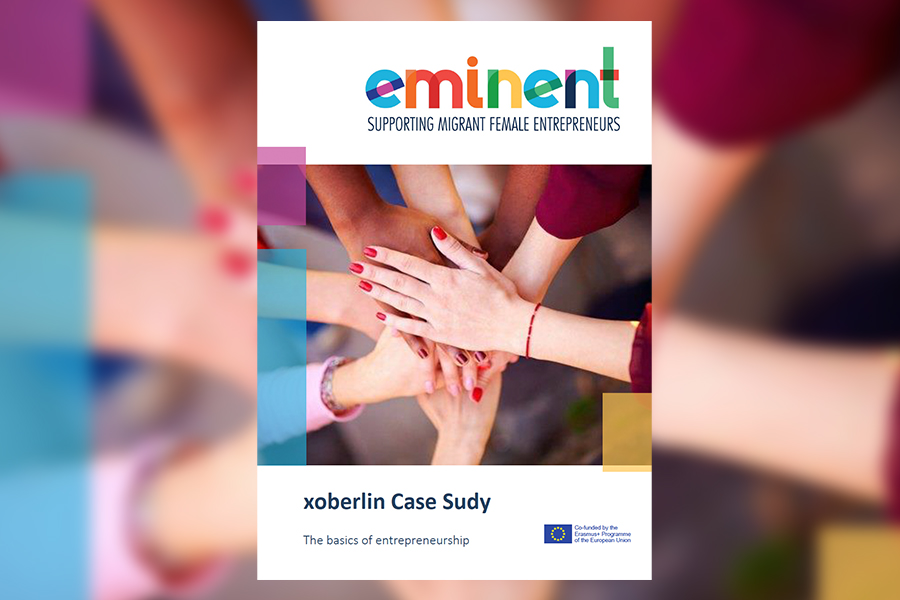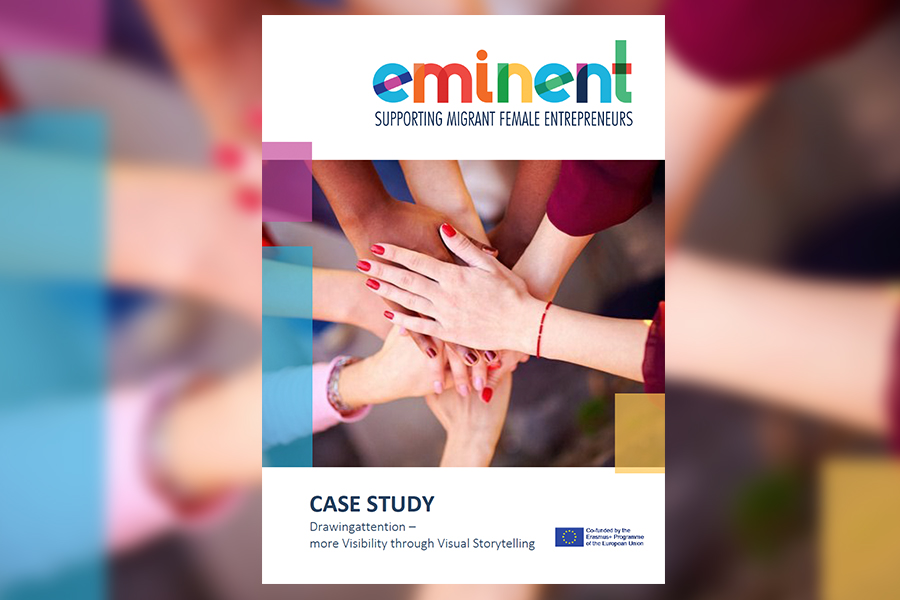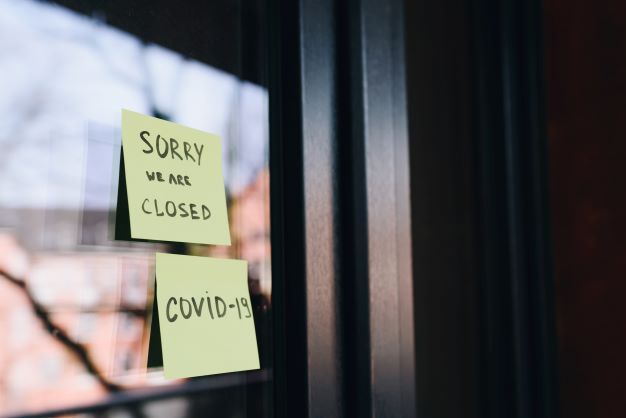An estimation that launching 1,000 new refugee businesses each year could yield nearly $100m in annual economic and fiscal gains. Within 10 years, the boost to the economy could be nearly $1bn a year. There would be large social benefits too, not least because economic participation is vital to successful settlement and social cohesion.
 Whether they run a shop or a cafe, drive for Uber, establish themselves as an independent doctor, pharmacist or other professional, or – like Westfield founder Frank Lowy – end up building a global empire, refugee entrepreneurs contribute to society in many ways. They provide valuable products and services, create jobs and wealth, boost local economies and international trade, bring in tax revenues and cut welfare spending.
Whether they run a shop or a cafe, drive for Uber, establish themselves as an independent doctor, pharmacist or other professional, or – like Westfield founder Frank Lowy – end up building a global empire, refugee entrepreneurs contribute to society in many ways. They provide valuable products and services, create jobs and wealth, boost local economies and international trade, bring in tax revenues and cut welfare spending.
For refugees themselves, starting a business does much more than provide a job and an income. It boosts their autonomy, self-confidence and social status. It generates a sense of pride and achievement. And it helps newcomers learn English, build connections and give back to the society that has welcomed them.
Some refugees start a business out of necessity. Others spot opportunities that locals have missed. Many translate previous business experience to Australia. What they all share is the refugee experience itself: after being forced from home and making it to a new land where they desperately want to rebuild their lives, they are already equipped with the key entrepreneurial strengths of resilience, risk-taking and resolve.
To find out more, follow the link below: https://www.theguardian.com/commentisfree/2019/apr/11/the-potential-of-refugee-entrepreneurs-is-huge-but-they-need-our-help





